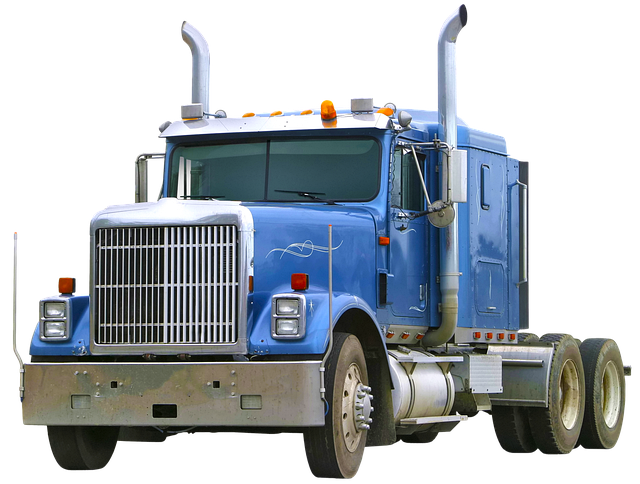Small businesses, especially those relying on trucks, need small business truck insurance for long-term success and sustainability. This specialized coverage protects against risks like accidents, natural disasters, property damage, liability claims, and cargo loss, offering peace of mind and enabling business growth. By identifying risk areas and securing tailored policies, small businesses build resilience, ensuring operational continuity and financial security.
Building a resilient business is key to navigating the unpredictable. For small businesses, this starts with the right insurance policies tailored to their unique needs. This article guides you through essential steps to cultivate robustness, focusing on areas like understanding the value of resilience, identifying risks, and exploring suitable truck insurance options for small business owners. By implementing a comprehensive risk management strategy, you’ll fortify your operation against potential setbacks, ensuring long-term success in an ever-changing marketplace, particularly in the small business truck insurance sector.
Understanding the Importance of Resilience for Small Businesses

Small businesses are the backbone of any economy, and their resilience is crucial for long-term success and sustainability. In today’s unpredictable business landscape, where risks and challenges can arise unexpectedly, having the right insurance policies is a cornerstone of building resilience. Small Business Truck Insurance, for instance, plays a pivotal role in protecting these enterprises from potential financial setbacks.
When small businesses invest in comprehensive truck insurance, they are not just safeguarding their vehicles and drivers but also their future prospects. This insurance policy can cover various risks specific to commercial trucking, such as liability, collision, and cargo damage. By mitigating these risks, business owners gain peace of mind, allowing them to focus on growth strategies and operational efficiency without the constant worry of potential losses.
Identifying Risk Areas and Essential Insurance Coverage

Identifying risk areas is a crucial step in building resilience through insurance for any small business, especially those with assets like trucks. Common threats include accidents, natural disasters, and property damage, which can significantly impact operations and finances. For businesses relying on fleet vehicles, obtaining suitable small business truck insurance becomes paramount. This coverage protects against liabilities arising from accidents involving company trucks, including medical expenses, legal fees, and damages to other properties.
Essential insurance policies should also encompass comprehensive general liability, which shields against various risks beyond vehicle-related incidents. This includes protection from property damage, personal injury claims, and business interruption due to covered events. By identifying these risk areas and securing the right coverage, small businesses can create a robust foundation of resilience, ensuring they’re prepared for unforeseen challenges and capable of recovering swiftly.
Navigating Truck Insurance Options for Small Businesses

Small businesses, especially those relying on trucks for operations, face unique risks that require tailored insurance coverage. Navigating the world of small business truck insurance can be a daunting task, given the various policies and options available. However, understanding these choices is crucial in building resilience against potential losses.
Business owners should assess their specific needs, including vehicle types, usage, and industry regulations. Comprehensive insurance packages typically cover liability, collision, and cargo protection. Liability shields against claims related to accidents or property damage, while collision coverage addresses issues arising from vehicle mishaps. Cargo policies are essential for safeguarding goods during transit, ensuring businesses remain operational and financially secure.
Building a Comprehensive Risk Management Strategy

Building a comprehensive risk management strategy is essential for any small business, especially those with assets like trucks that are on the road frequently. This involves assessing all potential risks and hazards unique to your operations, including accidents, natural disasters, property damage, liability claims, and employee-related issues. For small business truck insurance, tailored coverage options can protect against specific perils.
A robust risk management strategy starts with understanding your business’s vulnerabilities. Identify the most significant threats and then procure insurance policies that address them directly. This proactive approach ensures that when unforeseen events occur, your business is prepared. By combining comprehensive risk assessment and suitable insurance policies, small businesses can build a resilient foundation capable of weathering any storm.
Building resilience through strategic insurance policies is a key pillar for small businesses aiming to navigate uncertainties. By identifying potential risks, from general liability to specialized truck insurance, entrepreneurs can create a robust defense mechanism. A comprehensive risk management strategy, tailored to their unique needs, ensures they’re prepared for any challenge. For small business owners, investing in the right coverage is not just about mitigating losses; it’s about securing their future and enabling sustainable growth in an ever-changing market, especially when considering the specific needs of small business truck insurance.
